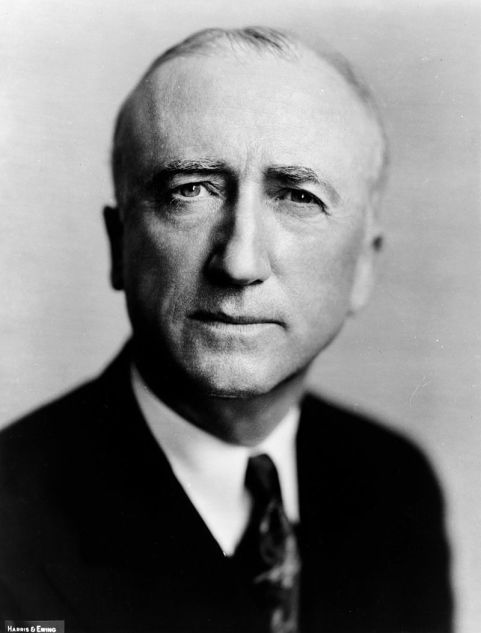On 6 September 1946, US Secretary of State James Byrnes gave a speech called “United States Policy Regarding Germany” in Stuttgart, which clearly demonstrated that American policy had changed. Also known as the “Speech of Hope”, it defined Washington’s future strategy.
In his speech, Byrnes disavowed the “Morgenthau Plan” and promised to pursue a policy of economic recovery. The speech also declared a hard line against the Soviet Union, as it stated the intention of the United States to maintain a military presence in Europe for an indeterminate period. However, the main thesis of the speech was stated by Byrnes a month later: “The nub of our programme was to win the German people ... it was a battle between us and Russia over minds”.
On the question of the territorial integrity of Germany it was stated that “the United States will not support any encroachment on territory which is indisputably German or any division of Germany which is not genuinely desired by the people concerned. So far as the United States is aware the people of the Ruhr area and the Rhineland desire to remain united with the rest of Germany. And the United States is not going to oppose their desire”.
Byrnes also touched upon the Polish and Soviet claims to all German territory east of the Oder-Neisse line, an area comprising roughly 25% of pre-war Germany: “The Soviets and the Poles suffered greatly at the hands of Hitler's invading armies.
Because of this, Poland asked for revision of her northern and western frontiers. The United States will support revision of these frontiers in Poland's favour. However, the extent of the area to be ceded to Poland must be determined when the final settlement is agreed upon”. According to both, western and Soviet observers, the purpose of this statement was to create a territorial “time bomb” in Europe, but then no one expected the situation in Europe to change so dramatically, and the desire to preserve peace to be so much more important than territorial issues.
Source:
Clements, Kendrick A., ed., James F. Byrnes and the Origins of the Cold War (1982)
























